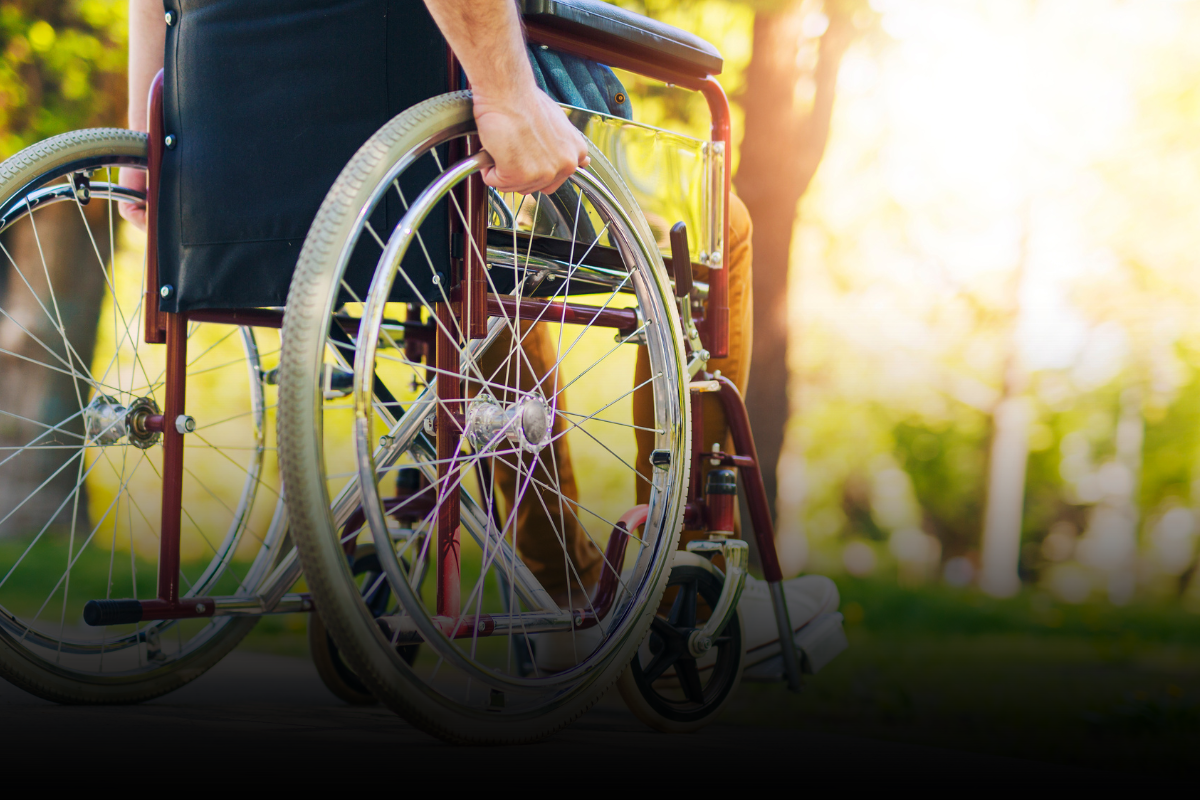North Carolina law takes crimes against vulnerable individuals very seriously. When an assault involves a person with a disability, the penalties are harsher than for a standard assault.
If you or someone you love is facing this charge, it’s important to understand how North Carolina defines this crime and the potential consequences.
How North Carolina Defines Assault
In general, assault in North Carolina is defined as an unlawful attempt or act to cause physical injury, or an action that puts another person in fear of immediate harm.
The severity of the charge depends on factors such as the level of injury, whether a weapon was used, and who the victim is.
Special Protection for Disabled Victims
Under N.C. Gen. Stat. § 14-32.1(e), an assault is treated more seriously if the victim is a person with a disability. The law defines a “person with a disability” as someone who:
- Has a physical or mental disability that substantially impairs their ability to care for themselves, or
- Relies on assistance or supervision due to their condition.
This statute was designed to protect vulnerable individuals who may be unable to defend themselves.
Penalties for Assaulting a Disabled Person
Assaulting a disabled person is classified as a Class F felony in North Carolina.
- Class F felony punishment: 10 to 41 months in prison, depending on prior record level under the state’s structured sentencing laws.
- In addition to prison, a conviction can carry fines, probation, and mandatory counseling.
- Felony convictions also create a permanent criminal record, which affects employment, housing, and other opportunities.
Other Consequences of a Conviction
Beyond prison time, someone convicted of assaulting a disabled person may face:
- Loss of professional licenses in certain fields
- Restrictions on firearm ownership
- Immigration consequences for non-citizens
- Difficulty finding employment or housing due to a felony record
Because this offense involves a vulnerable victim, courts often impose stricter sentences and are less willing to grant leniency.
Possible Defenses
While these charges are serious, an experienced criminal defense attorney may be able to challenge them. Potential defenses include:
- Self-defense if the accused was protecting themselves from harm
- Lack of intent, as not all physical contact rises to the level of criminal assault
- Mistaken identity or false accusations
- Insufficient evidence to prove the charge beyond a reasonable doubt
Key Takeaways
- Assaulting a disabled person in North Carolina is a Class F felony, punishable by up to 41 months in prison.
- The law provides enhanced protection for people who cannot fully care for themselves.
- Convictions can carry long-term consequences beyond prison time, including a permanent felony record.
- A strong legal defense is essential to protect your rights.
If you’ve been accused of assaulting a disabled person in North Carolina, the stakes are high. At Martine Law, our criminal defense attorneys fight to protect your rights and build the strongest possible defense.



